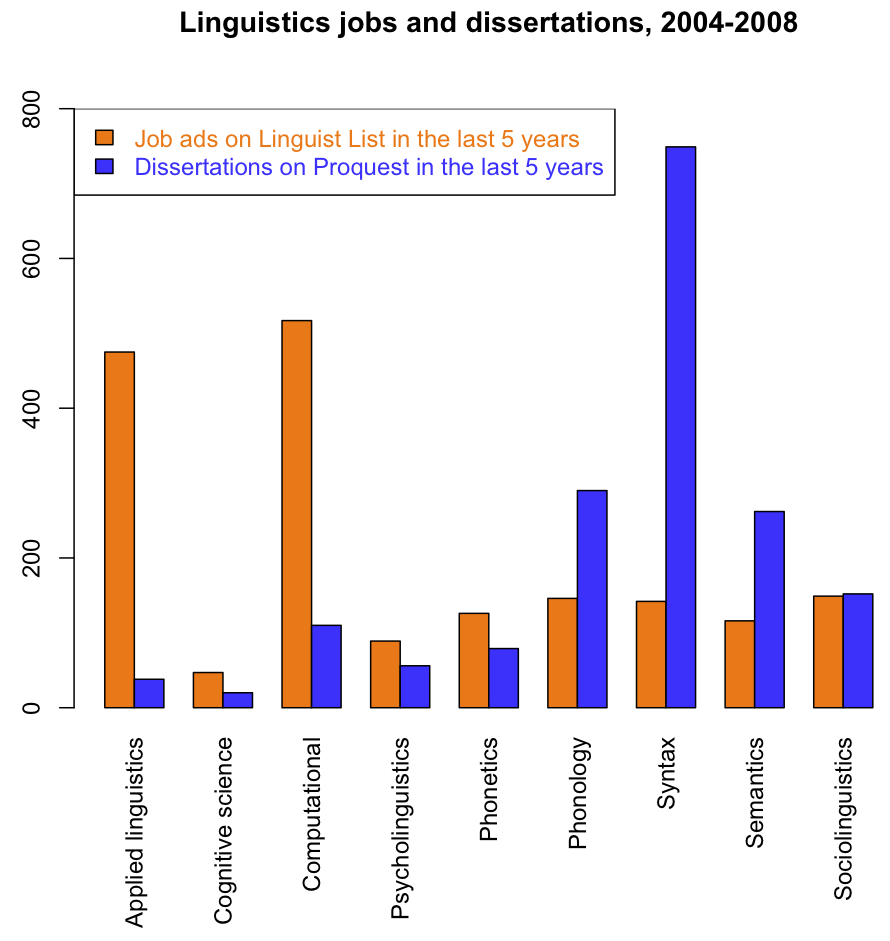Omissions and misrepresentations that could influence interpretations
Transcription practices are in the news (Patricia Cohen, "John Dean's Role at Issue in Nixon Tapes Feud". NYT 1/31/2009):
Scholarly feuds seldom end amicably, and nearly 35 years after President Richard M. Nixon resigned, a dispute involving his Watergate tapes would seem to be no exception.
A handful of historians and authors maintain that the most authoritative transcripts of those recordings include significant omissions and misrepresentations that could influence interpretations of the cover-up.
At the center of the quarrel is “Abuse of Power: The New Nixon Tapes,” a 1997 collection of transcripts edited by Stanley I. Kutler, a pre-eminent historian of the Watergate era, that has become the standard reference. Mr. Kutler has been a hero to many people because of a lawsuit he brought with the nonprofit group Public Citizen that led to the release of 201 hours of recordings related to unethical or illegal activity in the Nixon White House.
But longtime critics of his transcripts say Mr. Kutler deliberately edited the tapes in ways that painted a more benign portrait of a central figure in the drama, the conspirator-turned-star-witness, John W. Dean III, the White House counsel who told Nixon that Watergate had become a “cancer” on his presidency.
To Mr. Kutler’s scholarly critics, though, the most serious failing is that excerpts from two separate conversations that took place on March 16 — one made during a face-to-face meeting in the morning, and a second over the telephone in the evening — were reversed in order and presented as part of one continuous meeting. Most of the evening conversation between Mr. Dean and Nixon was eliminated, as were any references to it.
Read the rest of this entry »
